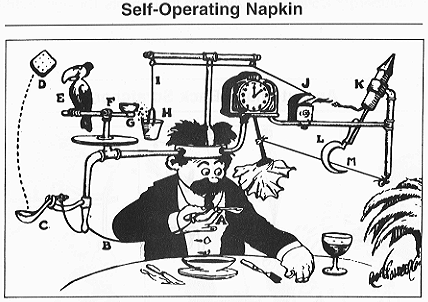Code reuse in Rust#
In my opinion, one of the biggest reasons why Rust is so productive is that it's a superb language for code reuse.
First, ownership and borrowing system allows exposing in the API properties that are often impossible to express in other languages. The fact that the API communicates and enforces how the resources are being created, shared and moved and destroyed, all checked at the compilation time, gives the user great confidence that they are using any API - internal or external - correctly.
Second, Rust comes with first-class built-in tooling around discovering, creating, sharing and using publicly available Open Source libraries. It's not a property unique to Rust, but it builds a powerful synergy when combined with the first point.
Third, the community (at least so far), were strongly encouraging uniformity and commonality: similar code style, similar documentation style, common core libraries, and patterns. A big chunk of this effort was achieved through great tooling like rustfmt and clippy. Thanks to this, Rust ecosystem does not feel fragmented. Jumping into a code authored by someone else does not feel like a venture into a foreign land, as it often does in other programming languages.
Together, this properties creates a language and ecosystem where code reuse is almost effortless. While in other languages it's often more tempting and more convenient to implement things yourself and avoid learning a new API, in Rust the difference between own and 3rd party code, often blurs completely. In a way, this creates a completely new quality of building your software.
Despite all these strengths, there's one problem that sticks out like a sore thumb: trust. Every additional dependency is another piece of code that could be buggy, or even malicious. And in my opinion, it's problem so serious, that is entirely blocking the untapped potential of code reuse in Rust.
